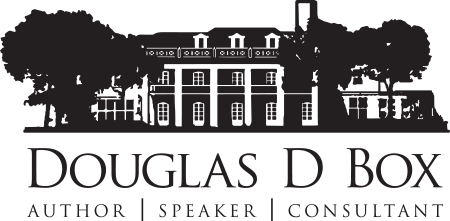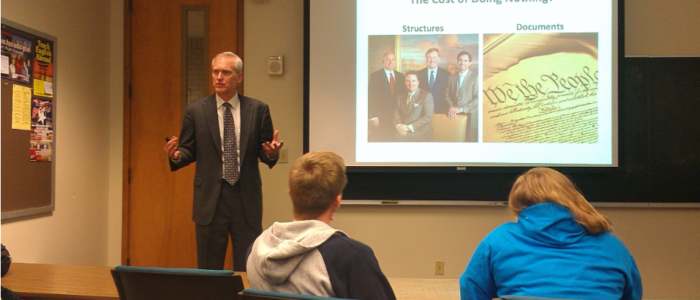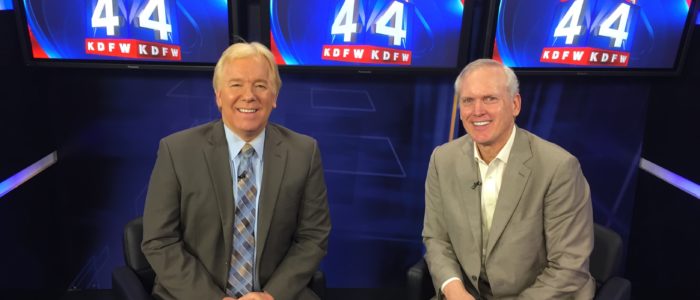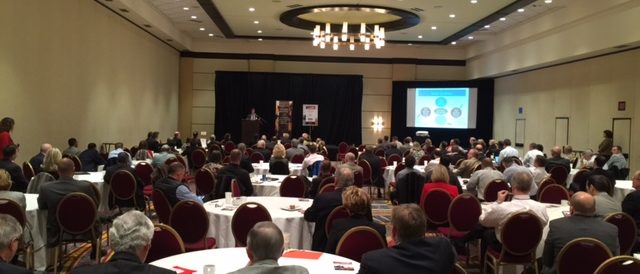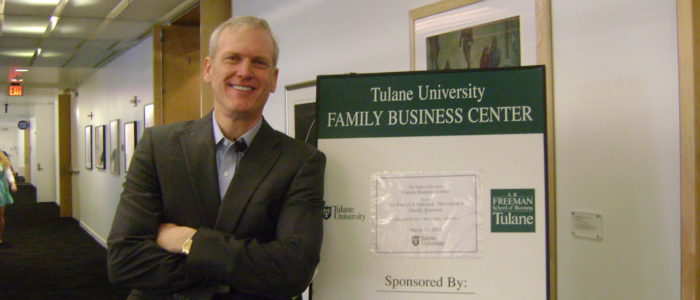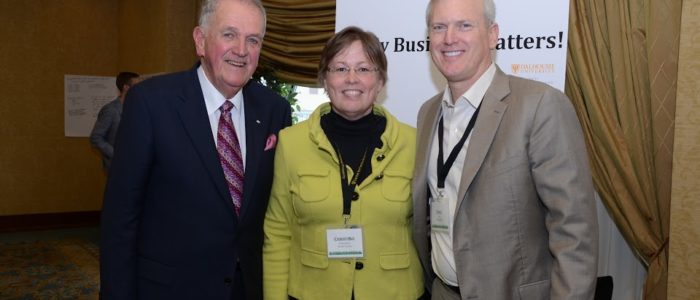For more than a decade, Box Family Advisors has worked with family-based businesses across the country. By providing a generalist approach to our consultation and without any products to sell, we believe we can more objectively analyze the needs of your family’s enterprise. Sometimes hiring a specialist for a job better suited to a non-specialist creates unintended consequences. It is possible that a specialist lacking the sensitivity for family systems can do more harm than good due to ‘scope creep’. They are initially brought in to fill a well-defined need. They complete that task and are admired for it. Then they take on a broader role, which they may or may not be well suited for. If left to run amok, such an advisor can create as many problems as they solve.
WHAT WE DO TO HELP YOUR FAMILY BUSINESS
Family members who work together face enormous challenges. The complexity of these challenges can seem overwhelming to those who work for or run a family business. Box Family Advisors helps you find solutions to the many issues so often found in family business. As family business consultants, we provide the following services:
“Doug has been a wonderful asset to our family. His guidance has helped improve our communication within our business and enhanced our father/son relationship. He was quick and skillful in helping understand our issues and getting them resolved. He was able to pinpoint things which we couldn’t see.”
